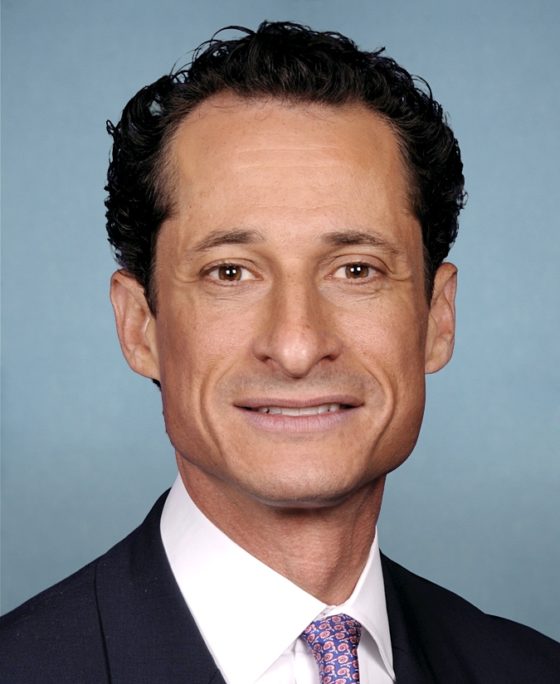
Chainlink Prison Fence by Jobs For Felons Hub from Flickr
This week, former Congressman Anthony Weiner was sentenced to 21 months in federal prison for “transferring obscene material,” aka sexting, with a 15 year-old. He’ll also have 3 years of supervision after he’s released, including internet monitoring, and will have to register as a sex offender.
According to reports, here’s what we know about this case:
- He knew he was talking to a 15 year-old using various social media platforms.
- He sent the teen nude pictures of himself.
- He asked her to sexually perform for him on Skype.
Clearly his behavior was criminally and morally wrong.
I’ve been mulling over this situation for the past few days, wondering if the punishment fits the crime. I asked friends who are teachers or the parents of tweens and teens for their reactions. Some said 21 months was too lenient, some said too harsh, and others agreed it was appropriate based on the available information.
I’ve watched plenty of episodes of To Catch A Predator where men engaged in similar online behavior with people they thought were teens, and then showed up at a house to meet them before being arrested. At the end of the program, they reported the sentences of these perpetrators, and often they were sentenced to less than 12 months in prison. Some only got probation. It makes me wonder whether Weiner’s sentenced was based solely on his interactions with this minor or his history of sexting.
It’s been sad to watch a charismatic up-and-coming Congressman destroy his professional life, his reputation, and his marriage because of his sexual compulsivity. The judge even acknowledged that Weiner has a disease. His past impropriety involved sexting with other consenting adults – not illegal, but not appropriate given his then-political position and being in a seemingly non-open marriage. Part of me wonders how his past behavior (where no criminal laws were broken) factored into the sentence.
Likewise, I wonder if Weiner’s position as a public figure played a role in his sentence. The judge reportedly sentenced him to 21 months in part to serve as a general deterrence. While I respect that one of the purposes of criminal punishment is to deter others from acting in similar ways, I question whether Weiner was punished for the law(s) he broke or to make an example out of him. The law says he could have received a sentence up to 10 years, and 21 months was within the range of jail time requested by the prosecution, so I’m not saying the judge or the prosecutor acted outside the scope of their position, but I still wonder how the judge came to her decision.
Of course, Judge Cote was there for the entire trial process, and I’m watching from the sidelines. I’m in no way questioning her judgment.
This whole situation has also reminded me of how little I expect a person to be rehabilitated while incarcerated. I’d rather see people convicted of committing crimes, in part due to an addiction, be sentenced to a long-term treatment facility followed by jail time with ongoing counseling.
The other thing this crime reminded me of is how important it is for parents to monitor what their kids are doing when they’re online. It’s not just an issue of where they go, what apps they’re using, what they say, and what pictures they’re taking, but also who is trying to communicate with their kids.
Regarding Anthony Weiner and his victim, I have no answers. I don’t know what the appropriate punishment should be for adults who are caught sexting with teens, or whether Weiner’s sentence was too harsh or too lenient. I hope I’m not the only person who was inspired to step back and consider what is the correct legal and social response to these criminal acts.
I’m constantly doing work related to internet law, so if you want to keep up with what I’m doing or if you need help, you can contact me directly or connect with me on Twitter, Facebook, YouTube, or LinkedIn. You can also get access to more exclusive content that is available only to people on my email list. (Please note: If you suspect you’re the victim of an internet crime, I will refer you to law enforcement.)

